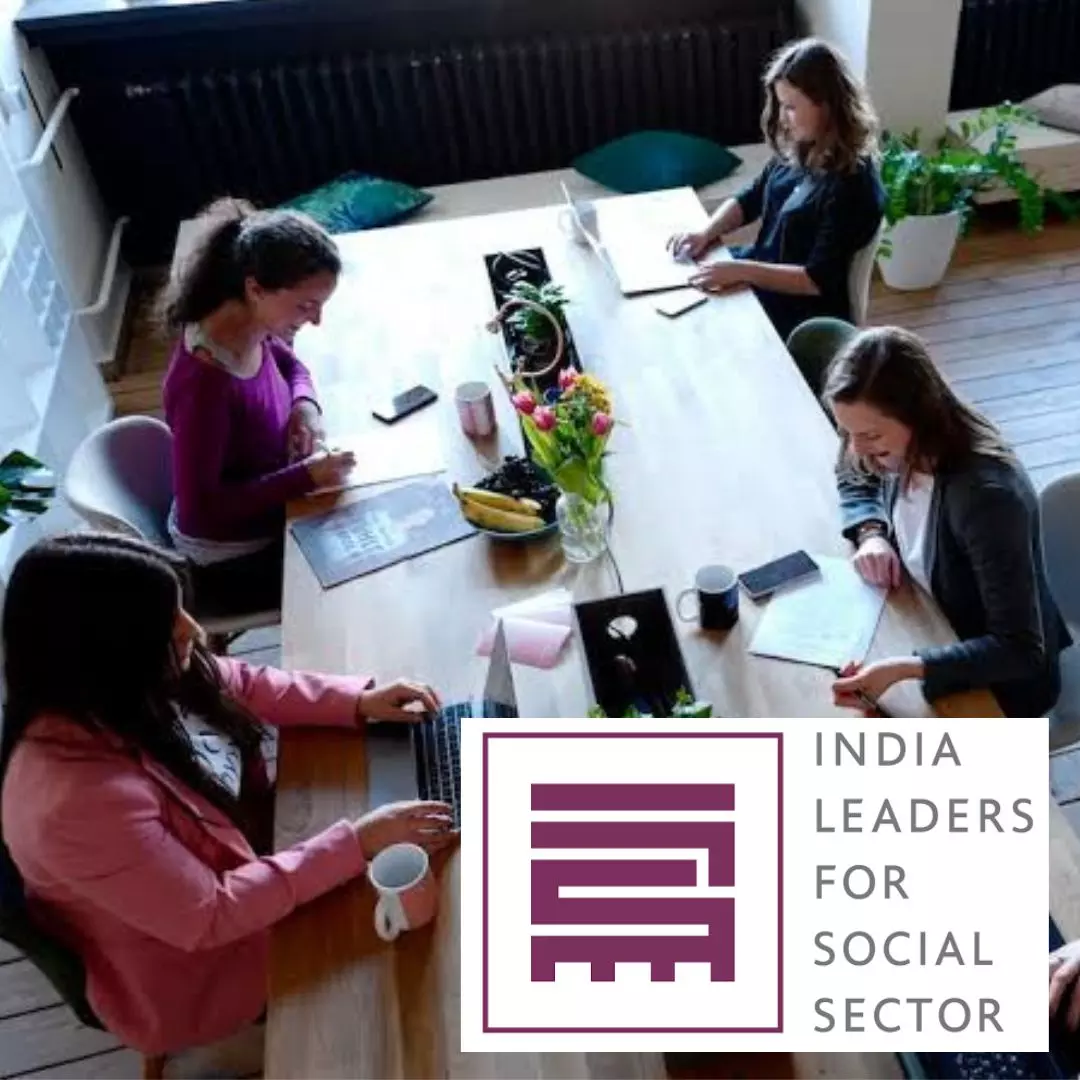It is a known fact that there has been a constant imbalance in opportunities for women and men. This comes about due to multiple external and internal factors such as family, societal perception, lack of opportunities, and exclusion. These factors have often also prevented many women from stepping up to senior leadership careers.
A recent survey by the India Leaders for Social Sector (ILSS) highlights these concerns and provides structural changes as a solution to support women’s leadership journeys. The survey was conducted among women professionals in the social sector with about 8-15 years of experience. The study findings suggested that more than 50 percent of the respondents have felt that their own self-limiting biases have slowed them down.
At a time when there are global dialogues surrounding increasing the representation of women in leadership roles, the report provides insight into what holds back women from progressing. It attempts to understand the complexity that often surrounds women and how it can be approached to carry out the best practices in supporting leadership capacities.
Women In Leadership Roles
The ILSS report captures the tip of the iceberg by looking into the critical dynamics that affect women in leadership. After conversations with leaders across the social sector, the report found that self-limiting biases often held back women in leadership roles. These biases stem from social and cultural conditioning that women experience in most phases of their lives. As a result, women feel a deep sense of inferiority about their abilities, talents, opportunities, and goals.
The survey emphasises the prevalence of socialised beliefs, such as imposter syndrome, which about 50 per cent of women leaders experienced. The cumulative effect this can have on individuals and the workforce is significant. They link this to the ‘leaky pipeline’ phenomenon, where there is a disproportionate lack of women leaders at senior management levels compared to the number of women in entry-to-mid-level roles.
The study mentions how women are predominantly seen in ‘Program specific’ roles, as opposed to positions that require strategic and organisation-building skills. It has been a general perception that women are more suitable to do ‘care work’ of this sort. Thereby, they don’t become an immediate choice for overarching management roles, which are critical in advancing into senior leadership roles.
Creating Inclusive Spaces
These are the broader ideas studied by the report, leading to the question, “What can be done to become truly inclusive?” The report suggests that there has to be a concerted effort to support women to step out from these biases. Women do desire to build a personal leadership style, where 75.6 per cent of respondents cited their desire to build their own based on the attributes of empathy, collaboration, and inclusion.
Supporting such empathetic and inclusive leaders would require providing them with their spaces to learn and grow and challenging the dominant narratives of leadership being crucial. Founder and CEO of India Leaders for Social Sector, Anu Prasad, noted, “It is important to build conducive pathways for more women professionals to reach leadership positions, helping them overcome their limitations and see them thrive in successful careers.”
The study proposes solutions to reduce this current gap in leadership positions in the social sector. About 84.1 percent of respondents believe a tailored capacity-building program would enhance their leadership journey. Such guidance and mentorship have always been crucial to adapt and amplify one’s leadership path. The respondents also voiced that they feel men have clearer access to such mentorship opportunities and cross-sectoral networks with senior leaders. Therefore, building a positive ecosystem of support is essential. According to a Business Insider report, this includes,
- Working with organisation leaders to build inclusive leadership pipelines
- Platforming women leaders to give them opportunities to showcase their skills and talents
- Embedding flexible working policies favouring women with familial and childcare responsibilities
- Creating a safe environment for women to succeed
Such social impact spaces are crafted on ideas of equality, inclusion, and justice. This makes it necessary for every sector to hold the responsibility to adhere to these values to support its people better and help create supportive environments for women’s leadership journeys to thrive.
https://thelogicalindian.com/h-upload/2023/03/07/500x300_230331-untitled-design-8.webp
Trending
2023-03-07 11:00:48.0
Breaking Past Biases! Self-Limiting Beliefs Hold Back 50% Women From Leadership Roles, Says Study













